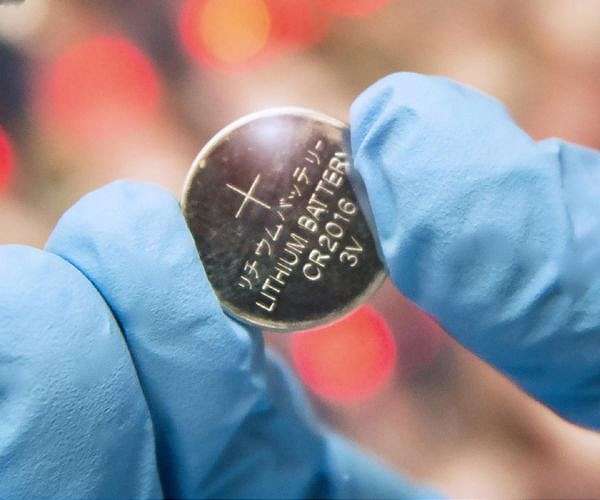Huge US lithium mine receives government approval
A massive lithium mine in the Nevada desert received final government approval Thursday in a project the miner says will quadruple U.S. production of a mineral crucial to the renewable energy revolution.
Operations at Rhyolite Ridge will produce enough lithium to supply the batteries for more than 370,000 electric vehicles annually, Australian operator Ioneer said.
The plant will create 500 construction jobs over the next few years and 350 jobs over the decades of extraction, the company said.
“There are few deposits in the world that have the impact of Rhyolite Ridge,” said James Calaway, executive chairman of Ioneer, as he announced the permit issued Thursday by the Bureau of Land Management.
The company’s director, Bernard Rowe, said construction would begin next year.
“This permit gives us a license to begin construction in 2025 and begin our work in creating hundreds of good-paying jobs in rural areas, generating millions in tax revenue for Esmeralda County and strengthening domestic production of critical minerals ” he said.
The news comes less than two weeks before Americans head to the polls to elect a new president, and will be welcomed in Nevada, where unemployment is well above the national average.
President Joe Biden’s administration has made the green transition a key part of its economic policy, investing heavily in technologies aimed at reducing the pollution causing climate change.
Scientists say electric vehicles are a crucial link in that chain, and their widespread adoption in the car-dependent US will be key if the country is to meet its carbon reduction targets.
Biden has tried to push the U.S. auto industry to restructure production and shift production from gas guzzlers to electric cars, a move he says will help create jobs at home.
Consumer subsidies have rewarded automakers that produce electric cars in the United States even as they struggle to source lithium batteries — a sector dominated by strategic rival China.
But the project at Rhyolite Ridge has highlighted the trade-off between the need to adapt energy sources and the desire to protect the planet’s biodiversity.
Campaigners say the mine will threaten the unique habitat of the endangered Tiehm’s buckwheat – a rare wildflower with delicate cream-colored blossoms that only grows in this corner of Nevada.
“By greenlighting this mine, the Bureau of Land Management is abdicating its duty to protect endangered species like Tiehm’s Buckwheat and making a mockery of the Endangered Species Act,” said Patrick Donnelly of the Center for Biological Diversity, a non-profit conservation organization.
“We need lithium for the energy transition, but extinction should not have a price tag.”
Ioneer admits that over the years the mine is in operation, about a fifth of the flower’s habitat will be directly affected.
But the company, which has spent $2.5 million researching the plant, says mining will not affect its survival, insisting that their experiments show the plant already grows well in greenhouses.


